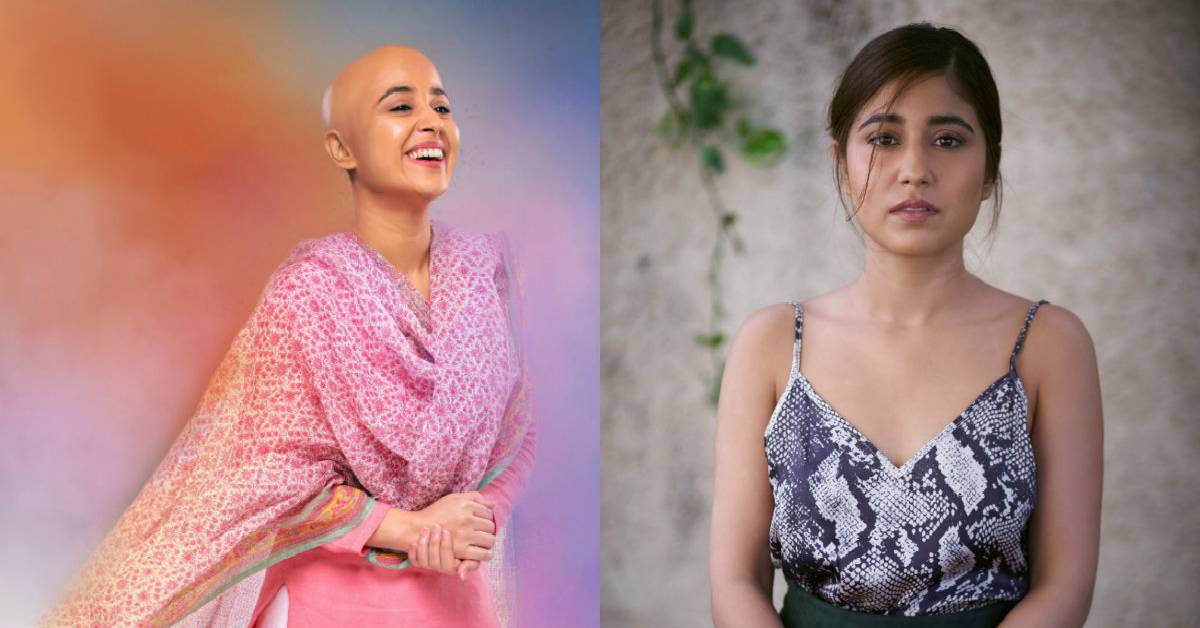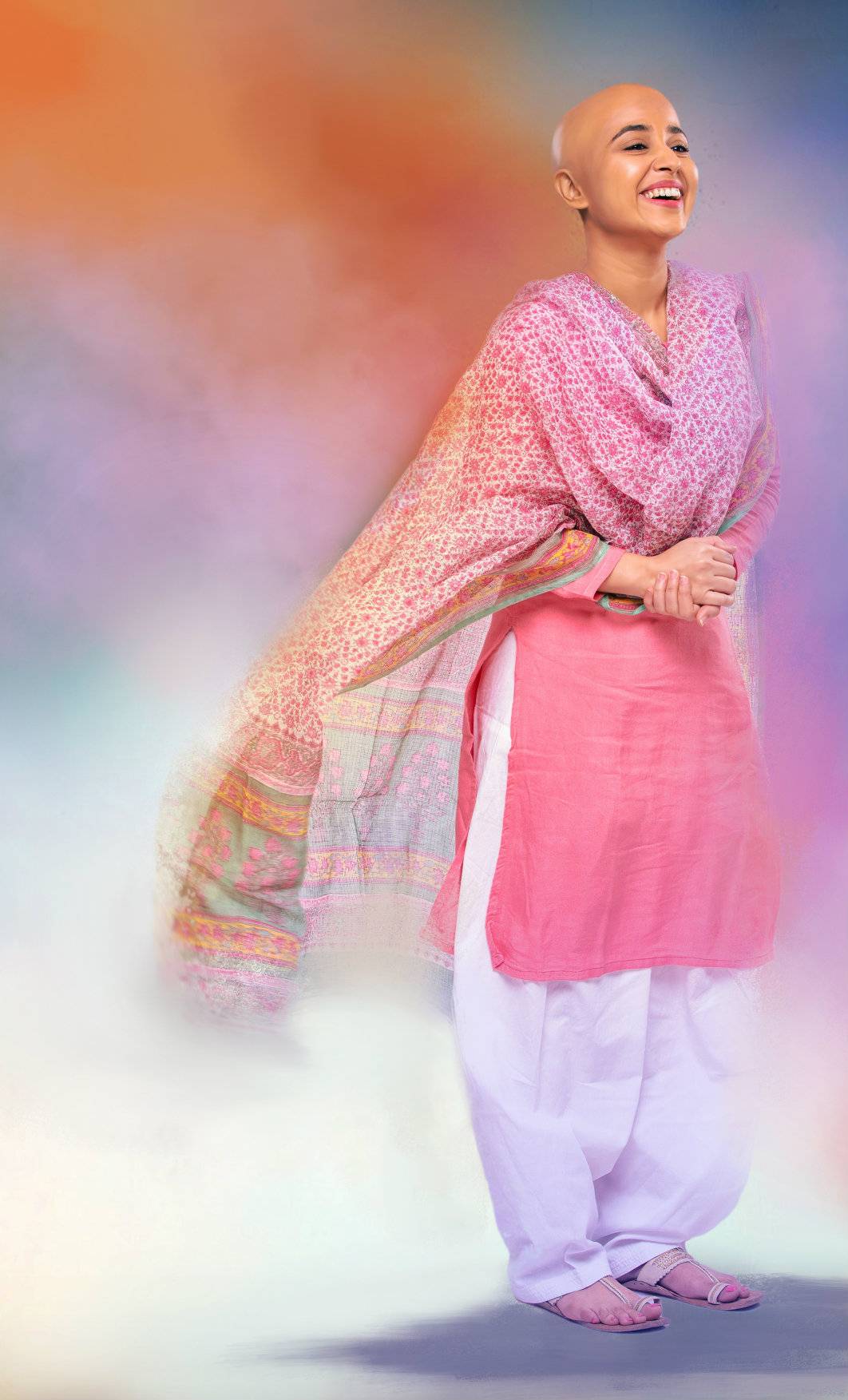Shweta Tripathi’s Performance In ‘Gone Kesh’ Lauded By Audiences, Critics!
Posted on 29 Mar, 2019

Shweta Tripathi Sharma is known for playing unique, dynamic characters on screen. After getting rave reviews for her performances in films like Masaan and Haramkhor, Shweta has once again delivered an unforgettable performance in her latest film Gone Kesh.
In Gone Kesh, Shweta plays a teenage girl who aspires to be a dancer. Her life takes an unexpected turn when she is diagnosed with a condition called alopecia, where she loses her hair to the point of complete baldness.

There is a certain perception of beauty as people watch these perfect-looking women on screen as they grow up. Shweta's performance stands out in each film she does because of breaking these beauty standard stereotypes. There is no glamour, but there is depth in character and the story. In Masaan, she was a simple but educated girl, while she played a schoolgirl in Haramkhor, and now in Gone Kesh sports a bald look.
The film has been appreciated by audiences and Shweta, the lead has been getting accolades from cine-goers as well as film critics. Her performance as a young girl who is fighting a battle not with the world, but with herself, and her evolution as a challenger of societal norms have been winning hearts all over. The film has received an average of 4 stars out of five on several leading film critique websites.

According to IANS' review, "The pace of the narrative is slow and the exposition at times tedious. But nevertheless, it's the simplicity and naturalness of the performances that keeps you hooked."
Another review in The Hindu states, "Gone Kesh’s freshness, warmth and good-heartedness, feels too slight and doesn’t have enough meat in it to be more than a short. Why not show more of Enakshi’s."
A review in The Scroll reads, "The light touch that peppers most of the scenes feels misplaced, given the gravity of Enakshi’s condition and the association between beauty and hair. The shattering of self-image and the tragedy of Enakshi’s plight, given her youth, are barely explored."
FOLLOW US
RECENT POSTS
-

Madgaon Express Review : Kunal Kemmu Brings Humor with A Heart
-

Veteran Ghazal & Playback Singer Padma Shri Pankaj Udhas Passes Away After Prolonged Illness
-

Diipa Khosla Exudes Sheer Elegance in Red at Cartier‘s Grand Exhibition in Abu Dhabi
-

Demon Slayer: Kimetsu no Yaiba -To the Hashira Training Review: Cinematic Feast Unleashed
-

Watch: On Vijay Sethupathi’s Birthday Merry Christmas Makers Surprise Fans with ‘Twist Trailer’
-

Merry Christmas Review: Katrina Kaif and Vijay Sethupathi Charm Their Way Into Your Hearts














